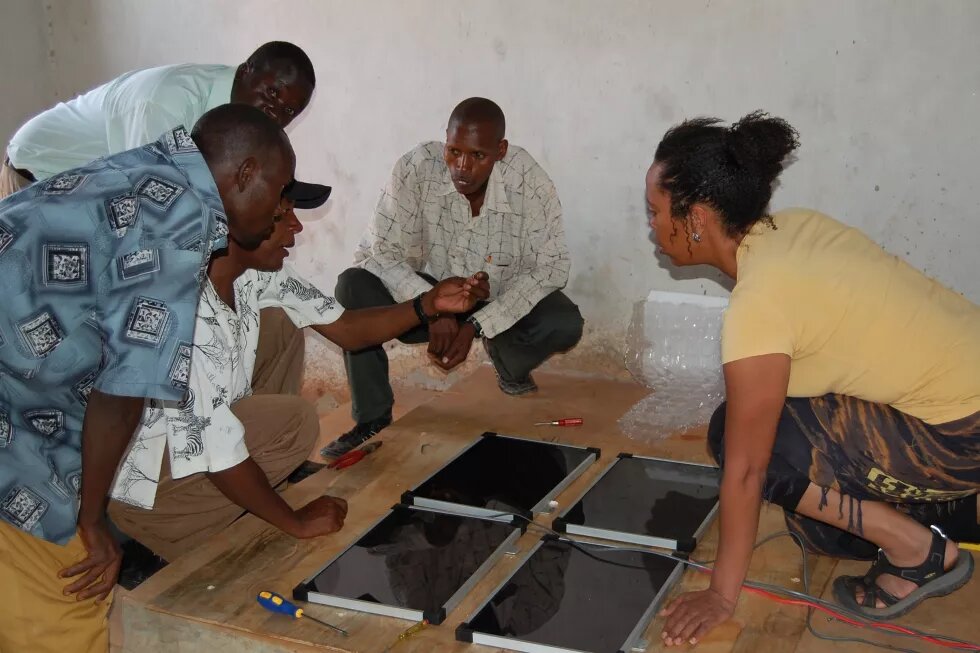
Some 20 years after the Rio Declaration and Agenda 21 explicitly recognized that ecology and development are not gender-neutral, sustainability as a concept is inconceivable, and cannot be realized, without the inclusion of gender equity into all aspects of development work. For Rio+20, an action plan centred on the green economy concept and proposing Sustainable Development Goals for the post-2015 time-frame might be the most concrete outcomes. Gender equity, women’s empowerment and adequate and predictable financial flows should be at the core of these commitments in order to turn the “bad economics” of business-as-usual approaches into a global economy guided by more care, precaution, inclusion and justice.
A Series of Think Pieces on Gender Equity and Sustainable Development
On the eve of Rio+20, the Heinrich Böll Stiftung North America has asked several of its partners from civil society to reflect in short commentaries about some of the linkages and synergies between gender equity and key issue areas of sustainable development. This series of think pieces covers topics such as access to resources such as energy, land or water, the care economy as well as women as consumers and gender implication of climate change responses.


